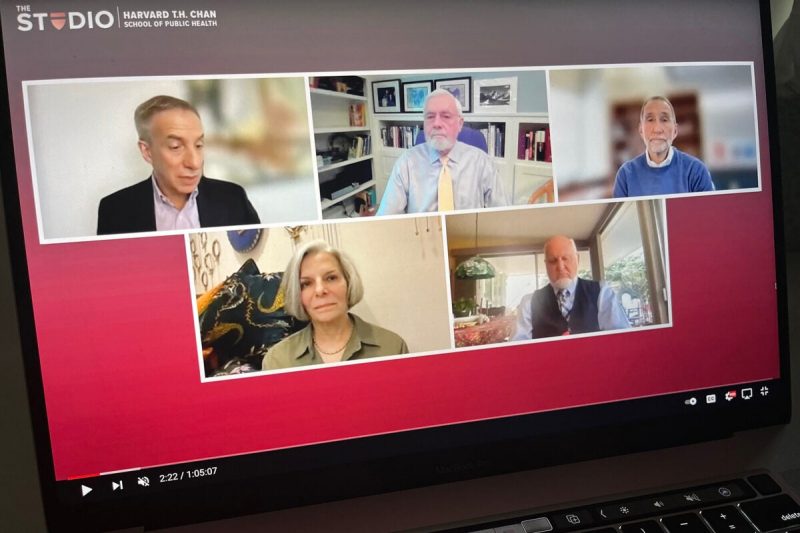The Future of the CDC: Insights from Former Directors
The Centers for Disease Control and Prevention (CDC) has been at the forefront of public health initiatives, research, and crisis management for decades. As the world grapples with the ongoing COVID-19 pandemic, the role of the CDC has gained even greater importance. In a thought-provoking discussion, former directors of the CDC gathered to share their insights on the future of the agency.
Dr. Julie Gerberding, who served as the CDC director from 2002 to 2009, believes that the agency must focus on three key areas moving forward. Firstly, she emphasizes the need for international collaboration. Gerberding highlights the importance of sharing data, best practices, and resources with other countries to effectively address global health challenges. As diseases do not respect national boundaries, she suggests that the CDC should play a significant role in promoting a global health security agenda.
Another crucial aspect that Gerberding stresses is the need for the CDC to embrace digital and technological advancements. With the rise of artificial intelligence, big data analytics, and precision medicine, she argues that the agency should harness these tools to strengthen early detection and rapid response capabilities. Gerberding envisions a future where the CDC utilizes real-time data to predict and manage disease outbreaks more efficiently.
Dr. Richard Besser, the CDC’s acting director during the H1N1 influenza pandemic in 2009, focuses on the importance of trust and communication. He believes that the agency needs to rebuild public trust and enhance transparency. Besser emphasizes the significance of clear and consistent messaging to counter misinformation and build confidence in the CDC’s expertise.
He also highlights the need for the CDC to engage with communities and collaborate with local public health departments. Besser envisions a future where the CDC works closely with grassroots organizations, faith-based groups, and other community stakeholders to address health disparities and improve overall health outcomes.
Dr. Tom Frieden, who led the CDC from 2009 to 2017, emphasizes the importance of sustainable funding. He argues that investing in public health is not only a moral imperative but also an economic necessity. Frieden suggests that the CDC should actively advocate for greater resources to strengthen its core capabilities, including surveillance, laboratory infrastructure, and research.
Additionally, Frieden stresses the significance of proactive prevention strategies. He suggests that the CDC should focus on broader healthcare policies, such as tobacco control, obesity prevention, and injury prevention. By addressing the root causes of diseases, the CDC can have a more profound impact on public health.
Overall, these former directors provide valuable insights into the future of the CDC. Their suggestions revolve around global collaboration, embracing technological advancements, rebuilding public trust, community engagement, sustainable funding, and proactive prevention strategies. By implementing these recommendations, the CDC can continue to be a global leader in public health, effectively responding to emerging threats and safeguarding the well-being of communities worldwide.

